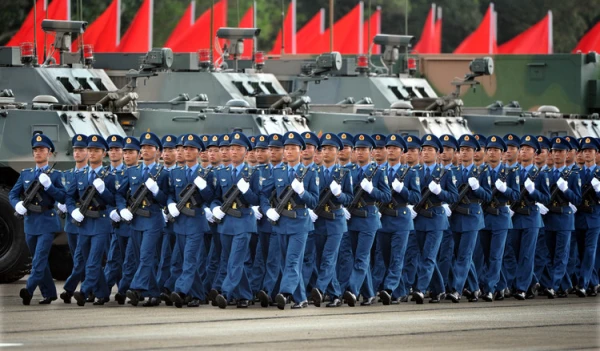
Metastasis to the lungs of laboratory mice was completely halted.
American scientists have developed a new "super vaccine based on nanoparticles," which in experiments on mice completely halted the growth and spread of melanoma, pancreatic cancer, and triple-negative breast cancer. This was reported by TRT Haber.
The study was conducted at the Department of Biomedical Engineering at the University of Massachusetts Amherst. It was found that up to 88% of mice that received the vaccine remained tumor-free. The results confirmed that the vaccine not only reduces existing tumors but can also prevent the onset of cancer.
"We developed these nanoparticles to activate the immune system in several ways. In combination with cancer-related antigens, we can significantly suppress tumor growth," noted the study's author, Professor Prabhani Atukorale.
Typically, vaccines contain an antigen (for example, a part of a disease cell) and an adjuvant - a substance that stimulates the immune system. However, finding an effective adjuvant for cancer vaccines is challenging.
To overcome this obstacle, the researchers created a "super adjuvant based on lipid nanoparticles," which contains two different adjuvants. This structure allowed the immune system to more effectively recognize and destroy cancer cells.
During the experiment, 80% of the mice that received the new vaccine were completely protected from melanoma. At the same time, none of the mice that received the conventional vaccine lived longer than 35 days. Metastasis to the lungs was completely halted.
In the second phase of the study, the scientists used dead cancer cells taken directly from tumors. In this experiment, tumor rejection was 88% for pancreatic cancer, 75% for breast cancer, and 69% for melanoma. None of the mice had cancer spread to other organs.
Co-author of the study, Dr. Griffin Kane, noted that the formation of a tumor-specific T-cell response is a key factor in the difference in survival.
The scientists believe that the vaccine, which has not yet been tested on humans, could become a universal platform for combating multiple types of cancer. If the vaccine passes clinical trials, it could become one of the first treatments capable of completely halting the spread of cancer in the body.
Earlier, it was reported that scientists made an important step in creating a universal cancer vaccine that can fight different types of tumors.
It is worth recalling that earlier reports indicated that air pollution is linked to mutations that cause lung cancer.












Leave a comment